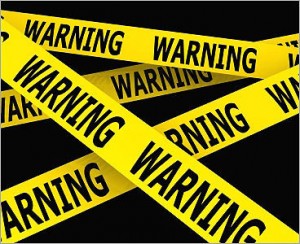 John J. Murray C. H. Spurgeon concluded: ‘Modern criticism, like modern theology, is like the sirocco that blasts and burns; it is without dew or suction, it proves itself to be unblest of God and unblessing to men’. What can be said of the situation today?
John J. Murray C. H. Spurgeon concluded: ‘Modern criticism, like modern theology, is like the sirocco that blasts and burns; it is without dew or suction, it proves itself to be unblest of God and unblessing to men’. What can be said of the situation today?
WHERE WE ARE TODAY
1. NO PLACE FOR TRUTH.
There was a day when men believed there was such a thing as objective truth and believed that the truth could be stated in propositions, using human language and comprehensible to human minds. A sea-change has taken place in Western intellectual life. It is now argued that we can no longer speak of objective truth. Truth and falsehood have been replaced by what is ‘true for me’ or ‘true for you’. This has infiltrated the church, as has shown in David Wells’ book No Place For Truth, a work which charts the demise of evangelical theology in the United States. He said: ‘The emptiness of evangelical faith without theology echoes the emptiness of modern life’.
2. NO FEAR OF ERROR.
How can we profess to love God without loving his truth? Truth is the revelation of his nature, character and works. Horatius Bonar warned in his day:
The spirit of the age which makes light of error, as if it were not sin. Even some who call themselves Christians, have lost their dread of error, and are hurrying on from opinion to opinion, exulting in their freedom from old fetters and trammels, reckoning themselves peculiarly honest and unprejudiced. Alas for truth in such a case! How can it be reached? Alas for the love of truth! How can it exist where there is no fear of error?
3. NO EXERCISE OF DISCIPLINE.
Ministers and elders can hold the most outrageous views and no action is taken against them. Trials for heresy seem to have become a thing of the past. We are living in a day when such matters have ceased to concern the evangelical church. Professor Thomas C. Oden has said: ‘The very thought about asking about heresy has itself become the new heresy. The archheresiarch is the one who hints that some distinction might be needed between truth and falsehood, between right and wrong’.
WHAT WE MUST DO
1. WE MUST BE INTOLERANT OF A FALSE GOSPEL. Continue reading

 Exposing heretics and those who are working in opposition is sometimes seen as an unbiblical activity. To some, it even seems to be a very unloving thing to do, especially when names are mentioned. Yet a vital function of a true shepherd is to protect the sheep from wolves, rather than allowing them open and unrestricted access to the sheep pen.
Exposing heretics and those who are working in opposition is sometimes seen as an unbiblical activity. To some, it even seems to be a very unloving thing to do, especially when names are mentioned. Yet a vital function of a true shepherd is to protect the sheep from wolves, rather than allowing them open and unrestricted access to the sheep pen.